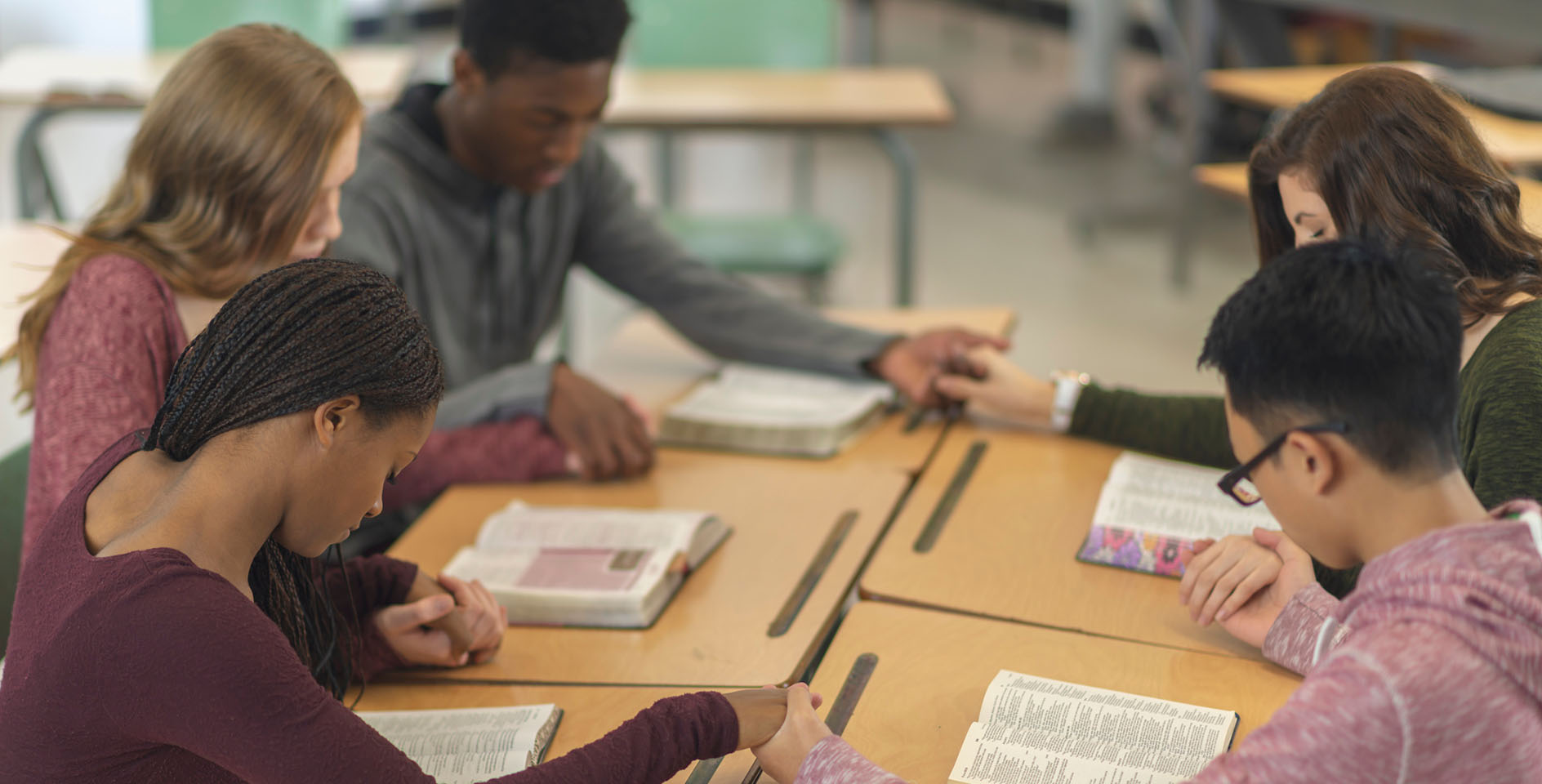India’s Prime Minister Narendra Modi will visit President Donald Trump at the White House on Monday, June 26. The leaders represent the world’s two largest democracies, totaling more than 1.59 billion people. The primary purpose of the meeting is for these two world powers to coordinate on national security and economic issues.
But this meeting also creates an opportunity for President Trump to advance the ball on religious liberty for over a billion people.
Who is Indian Prime Minister Narendra Modi?
Narendra Modi assumed the office of Prime Minister of India in May 2014. Prior to this, Mr. Modi served as the Chief Minister of his home state Gujarat, a role similar to governor in the United States. He was born on September 17, 1950, making him the nation's first PM born in an independent India.
The Modi family was poor, according to his official biography, and Mr. Modi’s politics have a populist and nationalist streak. Mr. Modi belongs to the Bharatiya Janata Party, a right-wing Hindu nationalist party.
What is the The Foreign Contribution (Regulation) Act?
In September 2010, India's parliament passed The Foreign Contribution (Regulation) Act, 2010 (FCRA) to regulate international financial donations to non-governmental organizations (NGOs) in India. The first form of this type of regulation passed in 1976.
The 2010 legislation was a major overhaul that gave the government broad authority to prohibit NGOs from working in country, “for any activities detrimental to the national interest and for matters connected therewith or incidental thereto.” FCRA has been used to target and force out thousands of foreign humanitarian and religious organizations from serving in India.
In the past three years alone, Prime Minister Modi's administration has revoked the licenses of more than 10,000 organizations.
Why is religious liberty under threat in India?
The FRCA is overly broad and gives Indian government officials too much power to punish and discriminate against organizations they disagree with. This has huge implications for not just religious freedom but also freedom of speech, freedom of conscience, and freedom of assembly.
The over 10,000 organizations who lost their license in the last three years are effectively kicked out of India. For instance, Compassion International had its organizational license revoked, which eliminated its ability to care for the 145,000 children the organization served.
Gopal Baglay, a spokesman for India’s Ministry of External Affairs, told the New York Times the decision to force Compassion International to end their Indian operations was, “a matter of law enforcement.” The charity’s leadership believes the Indian government, “misunderstands Compassion’s model, assuming our sole intent is converting children to Christianity, when in fact, our primary goal is to rescue children from poverty.”
The New York Times also reported that Compassion executives, “said they had been approached in the United States by a representative of Rashtriya Swayamsevak Sangh, a right-wing Hindu organization associated with the party of Prime Minister Narendra Modi, and had been offered leniency on the condition that they distribute donations through non-Christian service groups.” Unsurprisingly, Mr. Baglay dismissed this claim.
Hundreds of other faith-based organizations have had their licenses revoked as well. Those who remain are often harassed and operate under the constant threat that one wrong move could mean the end of their operations and work in India.
We urge President Trump to call on PM Modi to reverse course on FRCA and respect religious freedom in India.
The President has an opportunity on Monday to champion religious liberty. As Vice President Mike Pence announced at the World Summit in Defense of Persecuted Christians, “religious freedom is an American foreign policy priority.” Now is the time for Mr. Modi to bring an end to his assault on organizations that serve with the Indian people.









